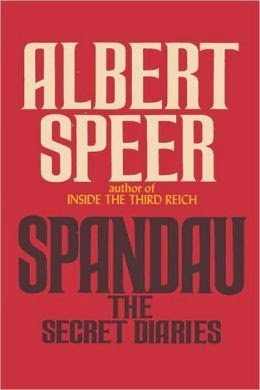Sean Wilsey is the author of a memoir,
Oh the Glory of It All, and the co-editor with Matt Weiland of two collections of original writing:
State By State: A Panoramic Portrait of America, and
The Thinking Fan’s Guide to the World Cup. His essay collection,
More Curious, is published by McSweeney’s.

One of five beguiling if unlikely travel books Wilsey tagged for
The Daily Beast:
History of My Life, by Giacomo Casanova is only not considered road literature because it is seen as pornography; but, in fact, much of it is about the importance of transportation. Casanova, a Venetian, crisscrossed Europe in the mid-1700s, buying and repairing dozens of chariots, phaetons, covered carriages, picking up hitchhikers, and fighting off highway robbers. He chronicles it all in 12 volumes, and every page is worth reading. A random early passage, set in Poland, describes the aftermath of a duel with an aristocrat:“‘You have killed me. You must escape, or you will lose your head. You are in the jurisdiction of the starostie, and I am grand officer of the crown, and grand cordon of the White Eagle. Lose no time; if you have not enough money, take my purse.’
His heavy purse fell on the floor. I picked it up. and put it back into his pocket, telling him it was useless to me, for if I was guilty I should lose my head, and I meant to go and lay it on the steps of the throne.
“‘I hope,’ said I, ‘that your wound is not mortal. I am sorry you forced me to inflict it on you.’ With these words I kissed him on the forehead and left the inn. I could see neither carriage, nor horses, nor servants. They had all scattered in search of doctor, surgeon, priest, relations and friends. I was alone in a desolate country covered with snow. After wandering at haphazard some little way I met a peasant in a sleigh. ‘Warsaw,’ I cried, showing him a ducat.”
Read about
the other books on the list.
--Marshal Zeringue
















































